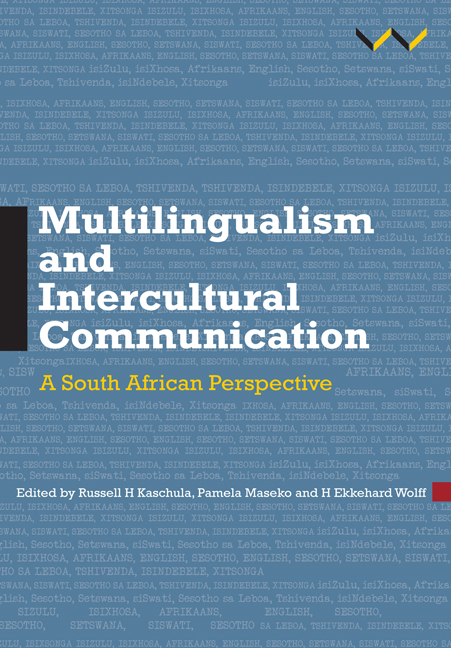In seeking to analyse the aims of our discipline at tertiary level, it soon becomes apparent that what should be (if the term ‘multilingualism’ is anything to go by) a hospitable environment to teach a language and culture in fact reveals itself to be a hostile one. Possible grounds for this may lie in the misconceptualisation highlighted by Banda (2009) whereby, in South Africa, what is commonly called multilingualism and promoted as such, would be more accurately described as ‘a case of multiple monolingualisms’ (2009: 5). His list of characteristic differences between African and Western conceptualisations of multilingualism goes some way towards helping us understand, in particular, the claim that ‘African multilingualism’ refers to ‘related (Bantu) dialects’, while ‘Western multilingualism’ ‘often involves unrelated languages’ (Banda 2009: 5). He further points out that the current Western discourse around multilingualism is premised on the integration of migrant/immigrant families into a majority language group, which is certainly not the case in South Africa. This ‘theoretically misleading’ (Banda 2009: 5) conflation has resulted in the adoption of ill-conceived language policies, better suited to Western linguistic realities, that also affect how European languages are perceived.
In a country aggressively promoting what should be renamed ‘African multilingualism’ so as to do away with any ambiguity, there seems, at first glance, little to justify governmental support of the study of German1 at a South African higher education institution. However, closer interrogation of the three main functions of universities shows clear scope for the discipline of German Studies, specifically in terms of functions two and three, namely finding ‘new applications for existing knowledge … [validating] knowledge and values through their curricula … [and providing] opportunities for social mobility’ (DHET 2013: 27).
German Studies in South Africa
A few decades ago, German Studies was taught like Germanistik in South Africa, in other words, the study of German literature as taught in the German-speaking countries, which required mother-tongue or near-mother-tongue competency on the part of the students. It incorporated some language study but hardly any cultural studies or translation studies, as the students were supposed to have gained insight into those fields either through their (German-speaking) upbringing or through their high school education.


